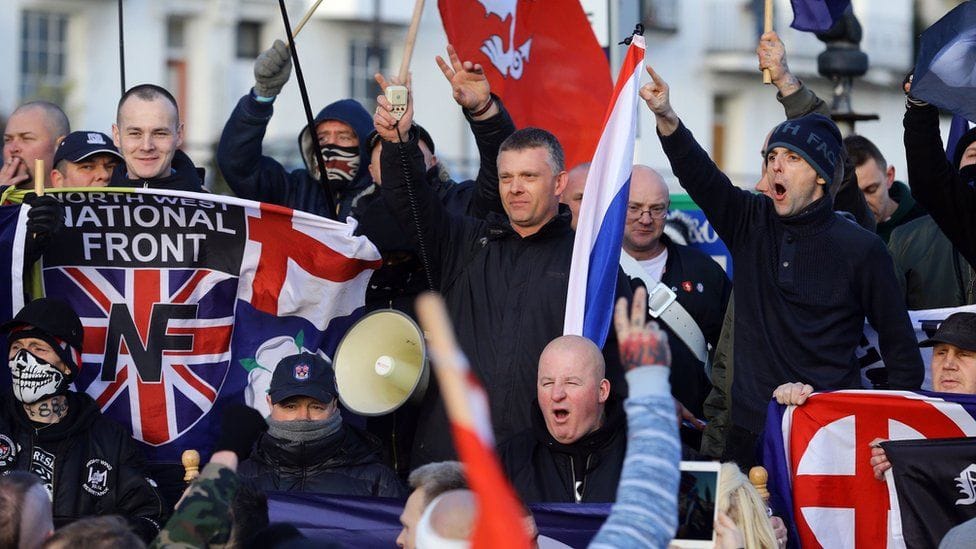Why Far-Right Agitators Stoked Unrest Following Southport Stabbings
Far-right agitators spread false info after the Southport stabbing, wrongly identifying the suspect and inciting protests, leaving UK authorities dealing with the fallout of misinformation.
A tragic stabbing at a Taylor Swift-themed dance and yoga workshop left three young girls dead and several others injured, igniting a wave of misinformation and violent protests. The suspect, 17-year-old Axel Rudakubana, has been charged with three counts of murder, ten counts of attempted murder, and possession of a bladed article. Rudakubana, born in Cardiff to Christian Rwandan parents, was initially misidentified on social media, fueling xenophobic and anti-immigrant sentiments.
Misinformation spread rapidly, with a false name, "Ali Al-Shakati," and incorrect claims that the suspect was a Muslim immigrant who had recently arrived in the UK. This false information, propagated by an account on the social media platform X and further amplified by the website Channel 3 Now, incited a series of violent protests and attacks on minority communities in Southport and other parts of the UK.
Far-right figures, including Tommy Robinson and Andrew Tate, played a significant role in stoking these tensions. Robinson, currently in Cyprus and facing an arrest warrant in the UK, used his platform to blame Muslims and migrants for the attack. Similarly, MP Nigel Farage, known for his anti-immigration stance, suggested the incident was an act of terrorism, further inflaming public outrage.
In the aftermath, Merseyside Police attempted to quell the unrest by clarifying that Rudakubana was the actual suspect and not linked to any recent migration or Islamic identity. However, by the time this information was made public, significant damage had already been done. Violent protests erupted near a mosque in Southport, resulting in attacks on the building and injuries to 39 police officers. Further riots occurred in cities across the UK, including London, Manchester, and Sunderland, driven by the false narrative spread online.
Prime Minister Keir Starmer and Home Secretary Yvette Cooper condemned the attack and praised the emergency services for their swift response. Cooper visited Southport to lay flowers and meet with community leaders, emphasizing the need to prevent online speculation and misinformation. Taylor Swift expressed her sorrow over the incident, and her fans raised significant funds for the victims' families.
The incident highlights the dangerous impact of misinformation and the challenges authorities face in combating it. Social media platforms have come under scrutiny for their role in amplifying false information, with calls for greater responsibility and action to prevent such incidents in the future. As the community of Southport begins to heal, the broader implications of this tragedy continue to resonate across the UK.






